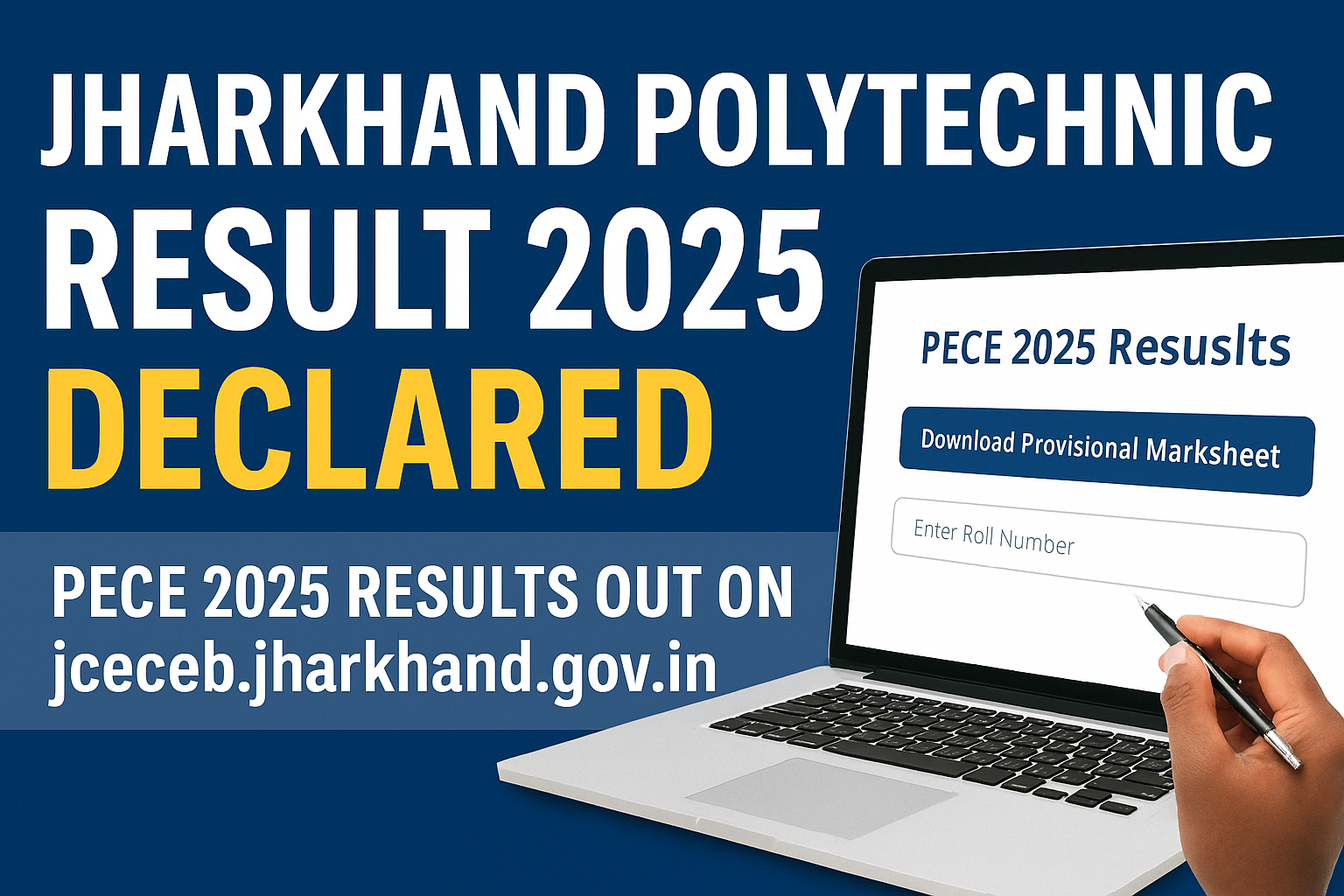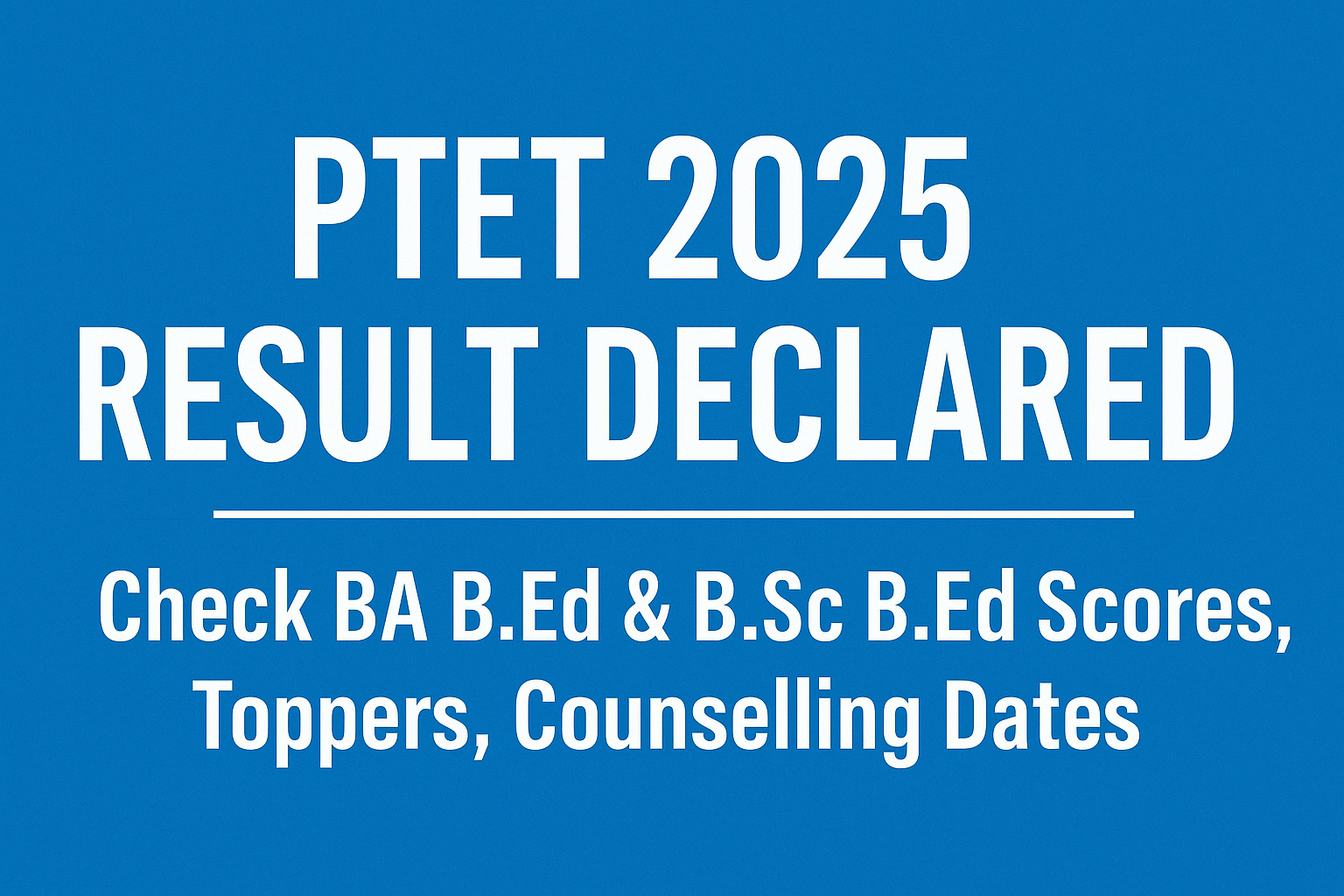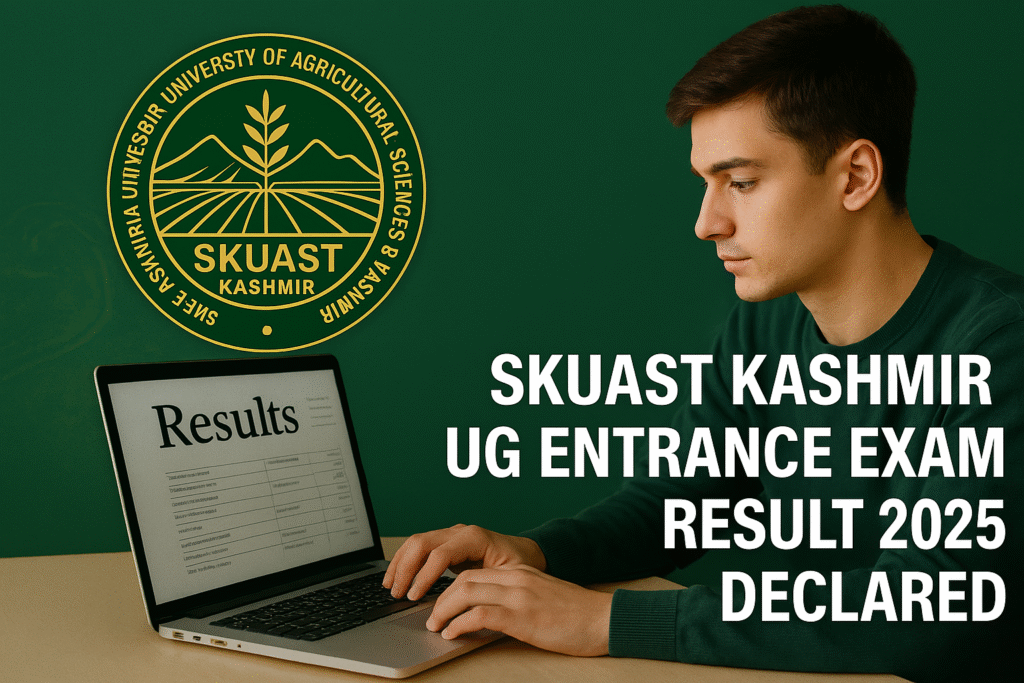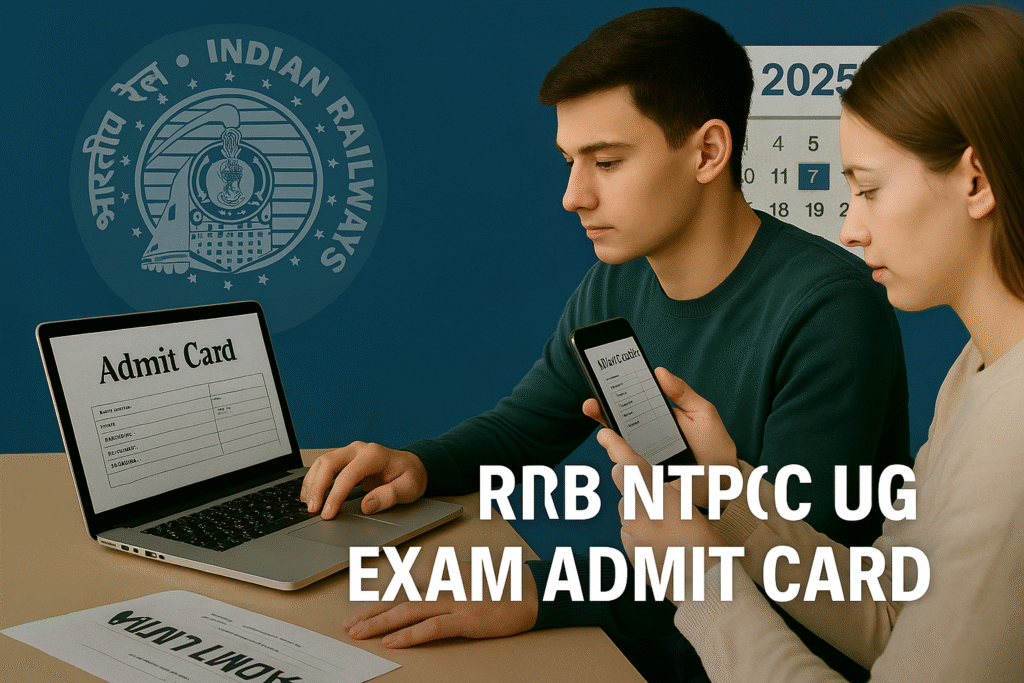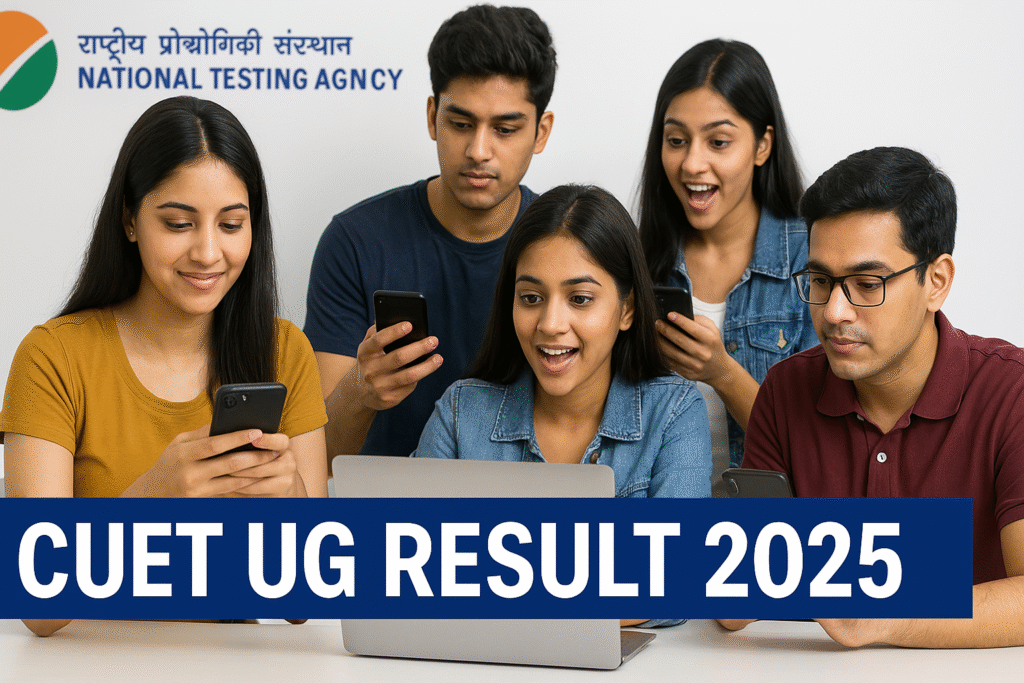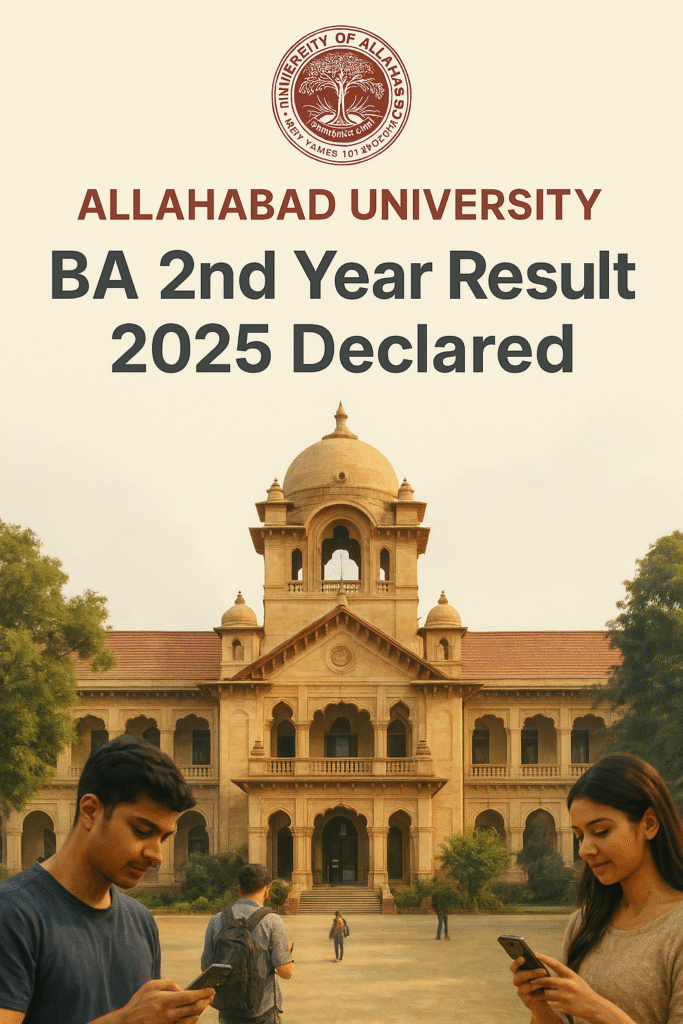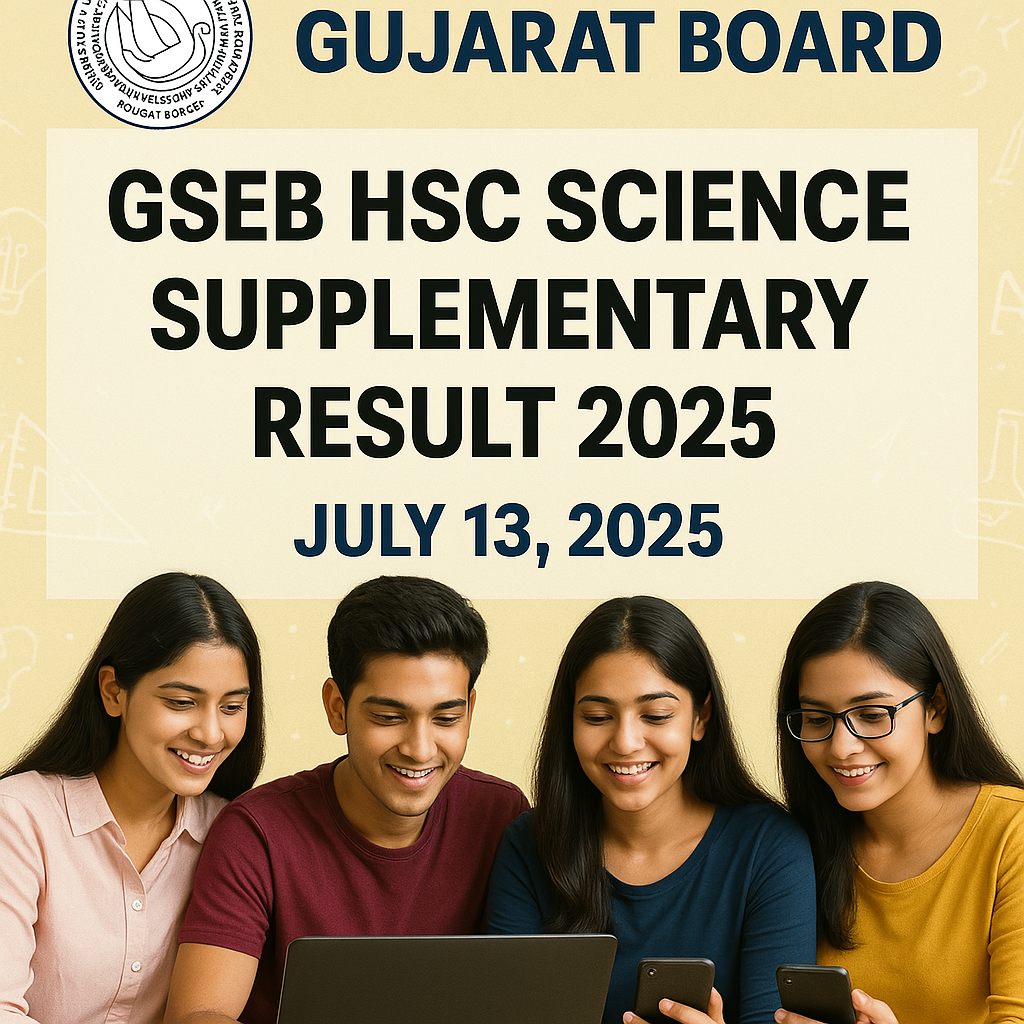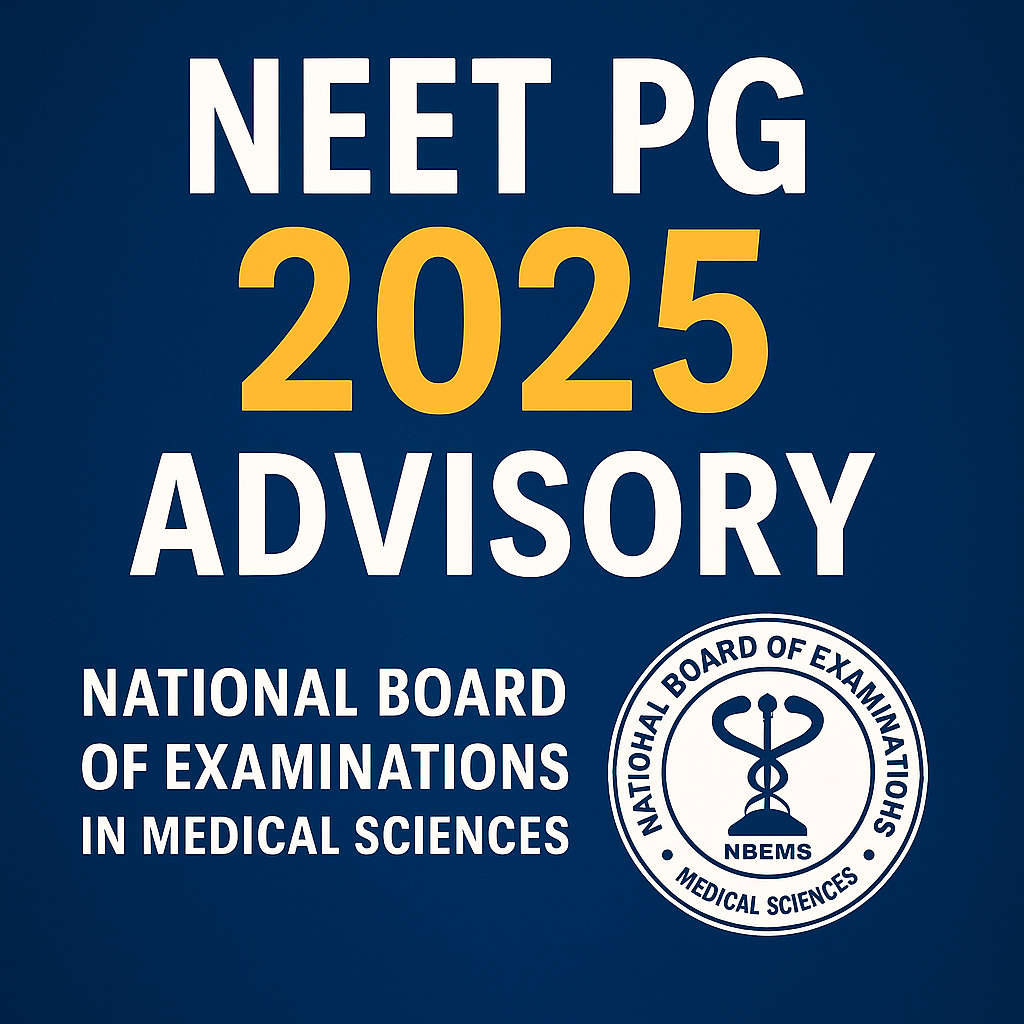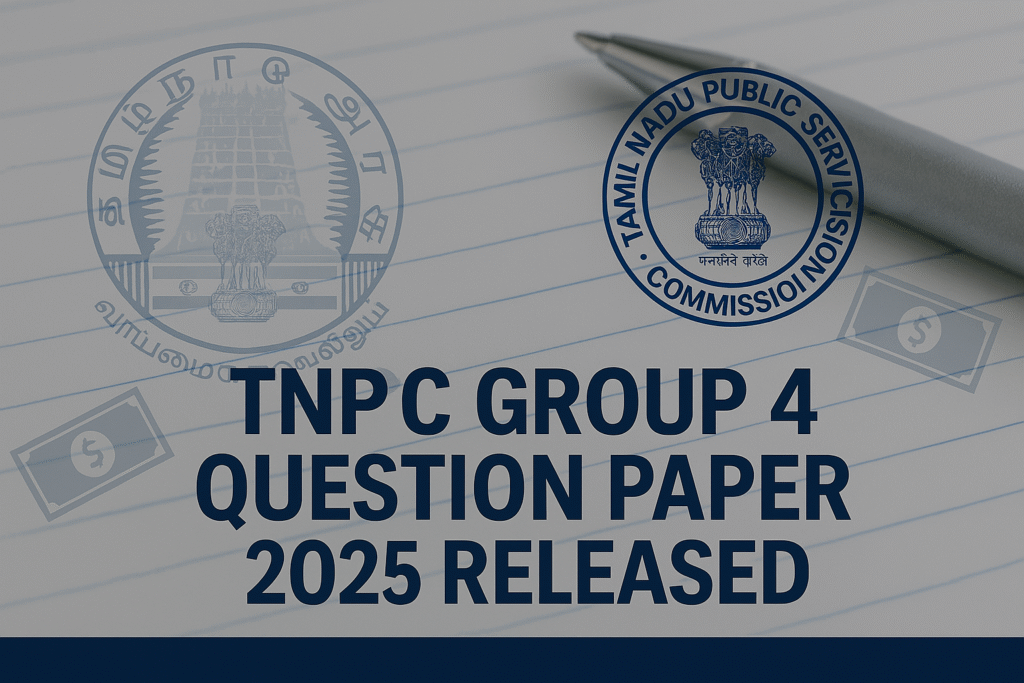The TG EAPCET 2025 mock allotment revealed that 5900 engineering seats remain unfilled, raising critical questions on student preferences, counselling trends, and final seat allotment expectations. Read the full update below.
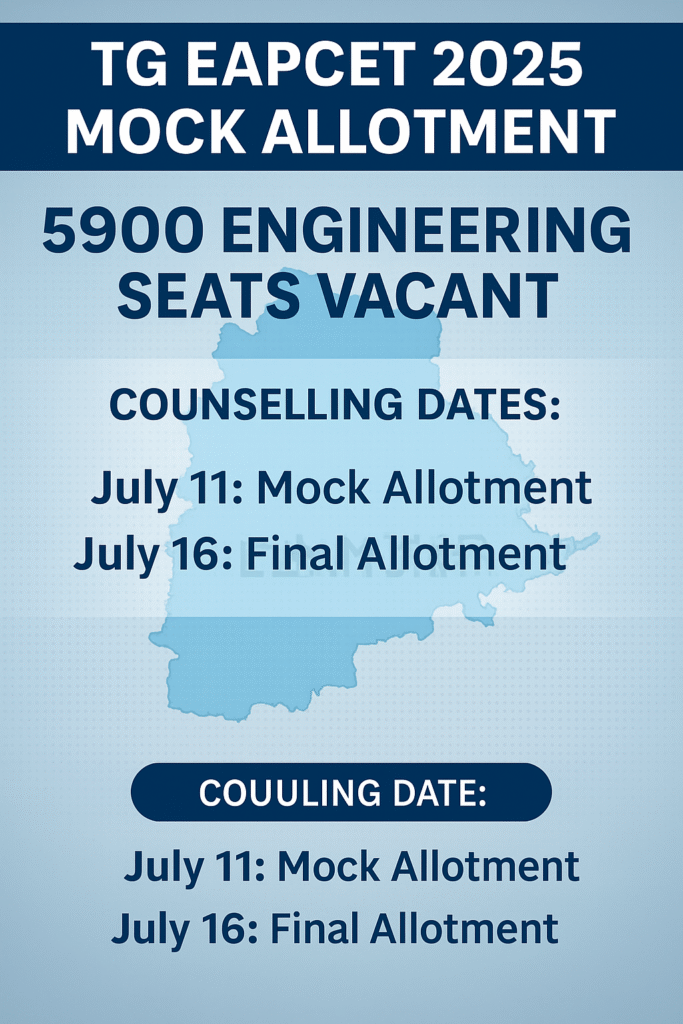
Introduction
The Telangana State Engineering, Agriculture, and Pharmacy Common Entrance Test (TG EAPCET) remains the primary gateway for engineering aspirants in Telangana. The recent mock allotment exercise for TG EAPCET 2025 has revealed surprising trends, with over 5900 engineering seats still vacant across the state’s colleges.
TG EAPCET 2025 Mock Allotment Highlights
According to the Telangana Today report:
The Telangana State Council of Higher Education (TSCHE) released mock allotment results on July 11, 2025.
The results aimed to help candidates understand possible seat allotment based on their web options.
Over 77,000 seats are available in total, but only around 71,000 were provisionally filled, leaving 5900 seats vacant.
Key Statistics on Vacant Seats
| Statistic | Number |
|---|---|
| Total engineering seats | ~77,000 |
| Seats filled (mock allotment) | ~71,000 |
| Seats vacant | 5900+ |
These vacancies span across private and government engineering colleges, indicating either choice preferences, lack of eligible candidates for specific branches, or ongoing decision-making among students.
Detailed Counselling Schedule
Here is the updated counselling timeline for TG EAPCET 2025:
July 8-12: Certificate verification and web options entry
July 11: Mock allotment result published
July 12: Last date to freeze web options
July 16: Final phase allotment results declaration
July 19: Reporting to colleges after final allotment
Note: Candidates are encouraged to utilise the mock allotment data to edit their options by July 12 to improve their chances in the final phase.
Why Are So Many Seats Vacant?
The reasons behind the 5900 vacant engineering seats include:
Preference for top colleges: Many students await final rounds to secure reputed institutions.
Branch-specific vacancies: Less popular branches like Metallurgy, Ceramic Engineering, and Biotechnology see low takers despite good placements.
Cost considerations: Private college fees deter some students from opting despite seat availability.
Other entrance results: Overlapping counselling schedules with national-level or private university admissions divert applicants.
Impact on Engineering Colleges
These vacancies raise concerns for colleges, particularly private institutions relying on fee revenues for operational sustainability. Experts suggest:
Fee waivers or scholarships to attract candidates.
Counselling awareness programs to guide students on varied branches with growth potential.
Strengthening placement records to regain student confidence.
Government’s Response and Future Plans
TSCHE officials stated that vacancies will be addressed in the final phase counselling. They also plan to:
Streamline admission processes
Improve branch counselling orientation
Work with colleges to balance intake capacities and market demand
The government aims to ensure maximum seat utilisation before the academic year begins.
FAQs
Q1. What is TG EAPCET?
TG EAPCET is Telangana’s entrance test for engineering, agriculture, and pharmacy admissions, conducted annually by JNTU Hyderabad on behalf of TSCHE.
Q2. How many seats are vacant after the mock allotment?
Over 5900 engineering seats remain vacant as per the mock allotment results released on July 11, 2025.
Q3. When will final seat allotment be declared?
The final seat allotment result will be declared on July 16, 2025.
Q4. Can students edit their web options after mock allotment?
Yes, students can edit or freeze web options till July 12, 2025, based on the mock allotment insights.
Helpful Resources
Conclusion
The TG EAPCET 2025 counselling process has reached a crucial phase with 5900 engineering seats still up for grabs. Students are advised to carefully revise their web options, analyse the mock allotment data, and consult experts if required before the final seat allotment on July 16. This year’s counselling trends once again underline the significance of informed decision-making for a secure academic future.


